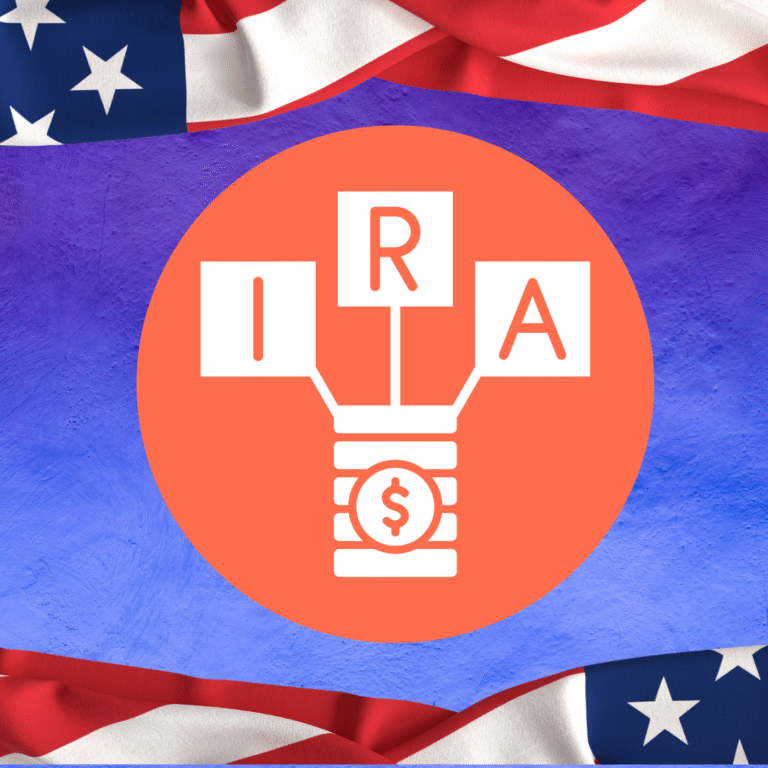

Dear fellow practitioners, CPAs, attorneys, and other professionals, Welcome to the eighteenth edition of our “Dreidel” newsletter about planning and investment issues of US citizens living overseas.
This month Mike Reed will again discuss retirement contributions, specifically the catch-up contributions in a 401K for people over 50.
Starting in 2026 the rules for catch-up contributions will change, and specifically for people making over $145,000. For this group any catch up contributions they make will be a Roth contribution and not a pretax contribution. This does give the people a chance to build up a tax-free account for retirement where distributions would be tax free, and they would not have to worry about RMDs at 73.
However, for US expats that may retire overseas, they may want to look into the tax laws for their country of retirement as some countries may not treat the distributions from Roth accounts as tax free.
For example, in Israel after the making Aliyah, there is a 10-year tax holiday for people on their Israeli taxes. After ten years this tax exemption expires and the law is unclear on the taxation of Roth distributions, and whether they would be taxed in Israel. This is not an ideal situation for someone who put money in a Roth IRA when they were in the US as they did not receive a tax break then as they were after tax contributions and are now being taxed on the withdrawals.
An alternative idea for a high earner who would be subject to Roth contributions on their catch-up would be to put the money in a taxable account instead. It may not be tax free, but through disciplined investing can still be tax-efficient as long term gains can be taxed at the capital gains rate, when they are realized, and losses can offset realized gains. If left to heirs, these will receive the step-up in basis thus eliminating any unrealized gains.
Please note that for inherited IRAs (apart from by one’s surviving spouse) these have to be distributed within ten years, and distributions count as ordinary income. For some heirs, this may push them into a higher tax bracket.
When planning for retirement, just like with investments, it is good to have diversification amongst your different types of accounts in terms of taxable, tax-free and tax deferred. Too much money in tax-deferred retirement accounts could lead to large tax bills once Required Minimum Distributions kick in. Remember tax-deferred does not equal tax free. And the bill will eventually arrive, either to you or to your heirs.




